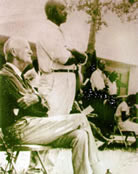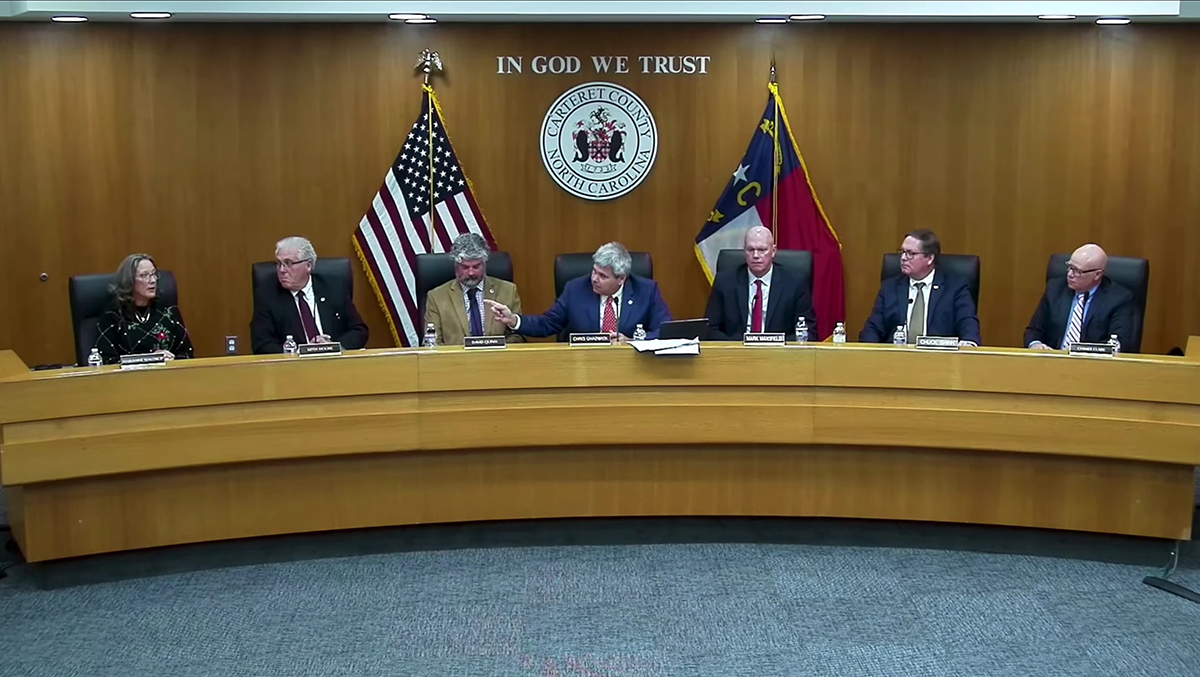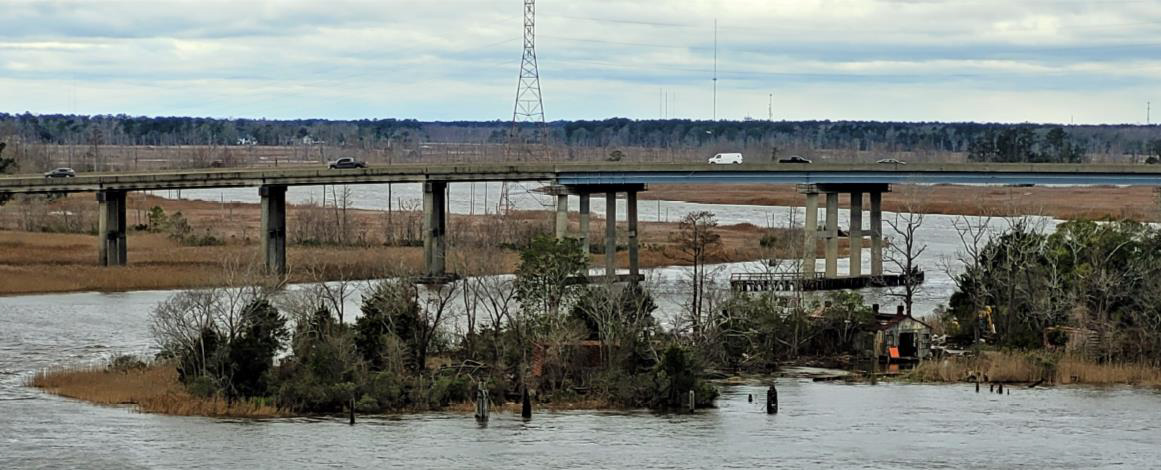Reprinted From the Tideland News
SWANSBORO — The N.C. Attorney General’s office has asked the state Supreme Court to review a recent Court of Appeals decision regarding the future ownership and management of 289 acres adjacent to Hammocks Beach State Parkin Onslow County.
The appeals court ruling, issued on Dec. 18, was 3-0 in favor of Harriett Hurst Turner and John Henry Hurst, the plaintiffs in the case. Because the ruling was unanimous, the state Supreme Court does not necessarily have to review the case.
Supporter Spotlight
David Pearson of Swansboro, president of Friends of the Hammocks and Bear Island, said his group supports the Attorney General decision to file the petition on behalf of the N.C. Board of Education and The Hammocks Beach Corp.
“While this is a rather complex legal case, the principles behind it are not,” he said. “This is one of the largest pieces of undeveloped mainland coastal property on the Atlantic Coast. It has exceptional natural beauty. And, it should be preserved and protected for the enjoyment of all North Carolinians, fulfilling the vision of Dr. William Sharpe.”
Sharpe, a New York surgeon, bought almost 5,000 acres that now includes the state park. He ired John L. Hurst, son of a slave, to manage it. Sharpe initially planned to give the property to the Hurst family when he died, but the family eventually convinced Sharpe to donate it to a black teachers’ association
 Dr. William Sharpe and John Hurst |
“Dr. Sharpe gave this land for recreation and education,” Pearson said. “He entrusted the educators of North Carolina (including the state Board of Education) with that vision. Doing otherwise would be an affront to his civic-mindedness, altruism and love of this magnificent property. They had great vision, and we owe it to their memory to continue this effort.”
Charles Francis, a Raleigh-based attorney who represents the plaintiffs, Hurst’s grandchildren, did not return a call Tuesday seeking comment on the state’s request for review.
Supporter Spotlight
The teachers association in the 1950s established the Hammocks Beach Corp. to manage the property in trust for its members. The property deed stated that if the corporation couldn’t manage the property properly, it could transfer the deed to the state board of education, but that if the board turned it down, it would go to the Hurst and Sharpe families.
The legal wrangling began in the mid-1980s. In 2006, the Hurst heirs sued the corporation, claiming that it had failed to properly administer the trust, and sought the return of the 289 acres to the family.
In October 2010, a Wake County Superior Court ruling removed the corporation as trustee. In early January 2011, the same court asked the state education board if it wanted the land.
Although the board had previously rejected the trusteeship, it then said it would accept it, a move that could have cleared the way for the land to become part of the state park.
However, but the appeals court placed a temporary stay on the Superior Court’s decision.
The Hursts argued that since the state had turned down trusteeship in past court proceedings, it could not legally change that decision “according to the exigencies of the moment.”
Francis had contended in an interview last year that the state was prohibited by law to become trustee because it declined twice before, in 1987 and 2007. “The state is legally bound by those declinations,” he said then. “And it is fundamentally unfair for the state to have sat on the sidelines … and then come back and try to take this property…”
 John Hurst |
Francis said the only legal reason the state could become successor to the trust is “to further the purposes of the trust,” which included managing the property “for recreational and educational purposes.”
And the appeals court ruling did indeed cite the education board’s previous decisions to decline trusteeship.
“This Court has found that a judicial admission is a formal concession which is made by a party in the course of litigation for the purpose of withdrawing a particular fact from the realm of dispute. Such an admission is not evidence, but it, instead, serves to remove the admitted fact from the trial by formally conceding its existence,” Judge Wanda Bryant wrote for the court.
“The North Carolina State Board of Education is judicially bound by admissions made in its answer and motion to dismiss … The trial court erred by appointing the North Carolina State Board of Education as successor trustee of the Trust property,” the appeals court ruling states.
As a result, the ruling reverses the lower court order court appointing the board of education as thr land’s trustee and instructs the trial court to enter an order consistent with that opinion.
In his petition to the appeals court, Francis had stated that the property, according to the certificate of incorporation for the Hammocks Beach Corp. “was never and is not now intended to become a playground for the general public.







